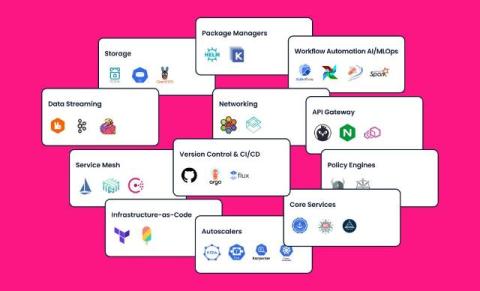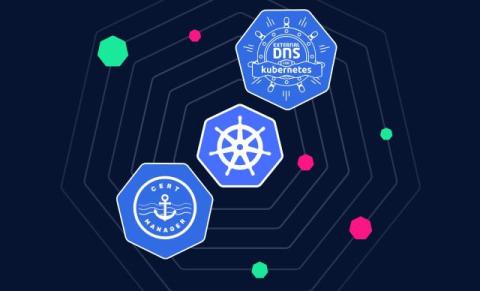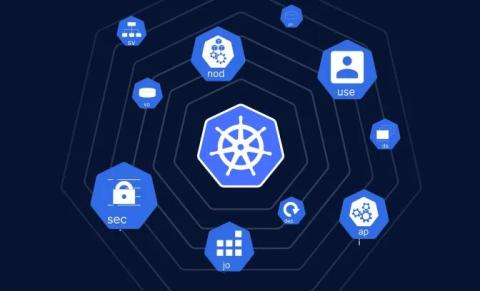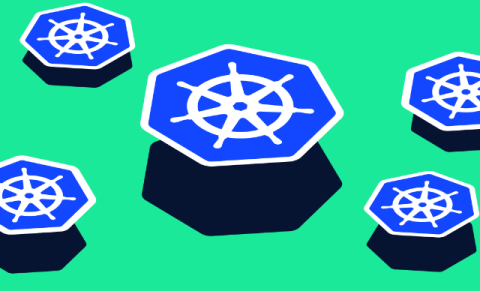The AI Model Showdown - LLaMA 3.3-70B vs. Claude 3.5 Sonnet v2 vs. DeepSeek-R1/V3
Following all the hype and bluster with DeepSeek’s arrival in the AI landscape––and its ability to crash the poster child of AI’s share value overnight (Nvidia), we wanted to conduct a rigorous evaluation at Komodor. We tested DeepSeek’s models head-to-head against industry leaders in solving real-world Kubernetes challenges.











